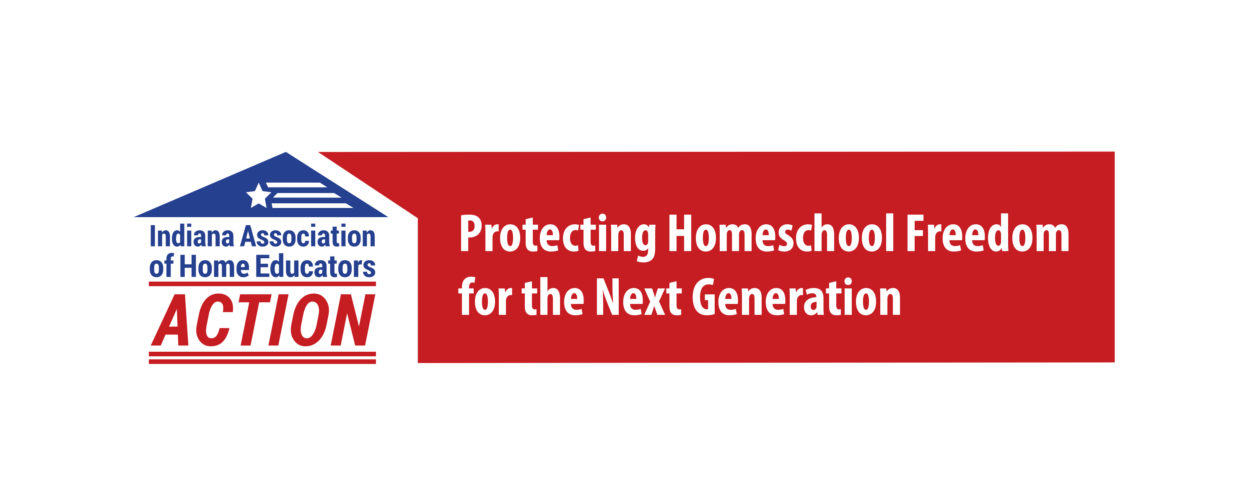Indiana homeschoolers test their children regularly. Many are concerned about assessments. We’ve asked a veteran, professional educator, Mary Black, to explain why assessments are a concern to many who are informed about this issue.
The passage of No Child Left Behind brought about many regrettable changes to education. One change rarely mentioned is the blurring of the distinction between tests and assessments. The distinction has in the last two decades become unknown and the two words are now used interchangeably.
A look at the definitions of each must precede a discussion of the purpose for this lack of clarity.
Beverly Eakman, a renowned writer on education, states in her book “Agenda Games” that the National Center for Educational Statistics (NCES) is an “un-American” department within the Department of Education whose purpose is to gather data on every student in the United States including the attitudes of each. Mrs. Eakman defines the difference between a test and assessment in the following statement.
It defines the difference between an assessment and a test. “An assessment is any systematic procedure for obtaining information from tests and other sources that can be used to draw inferences about characteristics of people, objects or programs.” … The aim is to assess psychological and political attitudes, to see who is swallowing the propaganda that passes for academics, and, more importantly, who is either waffling or “not buying.” If too many don’t “buy,” then curriculum is altered using a more heavy-handed approach.
http://www.thenewamerican.com/reviews/opinion/item/13044-federalized-progressive-education-marches-on
A Penn State University tutorial website gives the following definitions of a test and assessment.
A test or quiz is used to examine someone’s knowledge of something to determine what he or she knows or has learned. Testing measures the level of skill or knowledge that has been reached.
Assessment is the process of documenting knowledge, skills, attitudes and beliefs, usually in measurable terms. The goal of assessment is to make improvements, as opposed to simply being judged. In an educational context, assessment is the process of describing, collecting, recording, scoring, and interpreting information about learning.
The psychological, behavioral nature of assessments should be clearly understood as distinct from academically based tests. Many states require homeschool students to take at intervals standardized “tests” or the state “test.” These are not tests, they are assessments designed to gather data about all students including homeschool students. The term P20W refers to the plan to collect data on every child from preschool to the workforce. Development of Statewide Longitudinal Data Systems (SLDS) are required by federal law (ESSA) with the long-term plan to link all 50 states to a pipeline to the NCES (perhaps) that is offering grants to states to develop a SLDS that gathers all the required points of data. The Indiana SLDS is known by the name of Indiana Network of Knowledge.
To fully comprehend the influence of behavioral science in assessments and curriculum (including some online curriculums), one should study the 21st Century Competencies Chart on p. 7 of the USDOE’s document “Promoting Grit, Tenacity, and Perseverance” (February, 2013). The chart shows three types of competencies – cognitive, intrapersonal, and interpersonal. The word competent implies mediocrity and two of the three categories on this chart are behavioral in nature. Movement to social and emotional learning (SEL) is based on this document. SEL can only be measured by assessments.
Behavioral science was introduced to education by John Dewey who was influenced by what he observed in Russia and others including Lev Vygotsky, a Russian psychologist. Vygotsky’s work became the basis of research and theory in cognitive development over the last few decades, now known as Social Development Theory. Vygotsky’s “More Knowledgeable Other”(MKO) and “Zone of Proximal Development” or scaffolding are based on his belief that important learning occurs through social interaction with a skillful tutor or MKO, who is not necessarily an adult but likely a peer. Scaffolding involves an MKO first modeling a concept while the children watch. When the students are deemed capable, the MKO allows the children to help. The last step of scaffolding is allowing the children to do the work while the MKO watches. The purpose of scaffolding is to be certain that the child will give the same response to the stimuli before the scaffolding provided by MKO is removed. Scaffolding incorporates Vygotsky’s Zone of Proximal Development that identifies three zones of a learner – Unable to do the task, Able to do the task with help, and Able to do the task independently. This necessarily diminishes the role of MKO and embellishes peer learning. Assessments are the only means to be certain that the process of scaffolding does not need to be repeated. Sadly, Vygotsky’s fingerprints are all over the Common Core State Standards and the curriculum designed to meet them.
The point of the inclusion of behavioral science in the process of education is to leave the student indoctrinated and only capable of following (dependent) rather than a leader who is capable of thinking for himself/herself in a reasonable not an emotional manner. As homeschoolers, we have the opportunity to form the latter rather than the former by avoiding curriculums and assessments based on behavioral science.
Mrs. Mary Black earned her B.A. in elementary education from Marian College. She taught for 36 years in Parochial, public, and private schools as well as homeschooling her own children. Mrs. Black’s teaching experience spans from Kindergarten through 12thgrade inclusive and includes three years in a life skills classroom.
After her retirement from the classroom in 2010, Mrs. Black joined FreedomProject Academy as Curriculum Director and was instrumental in developing the FPA curriculum at all levels. Recently retired after 42 years from the daily responsibilities of working with parents, teachers, and students, Mrs. Black is currently writing a 4th grade Arithmetic textbook after completing the arithmetic workbooks for K through 3 grade.
Very early in the discussion of Common Core, she began to alert others of its potential danger to students and local control of schools. Mrs. Black’s extensive research and thorough understanding of all aspects of Common Core has made her one of America’s foremost authorities.


1 thought on “Test v. Assessments”